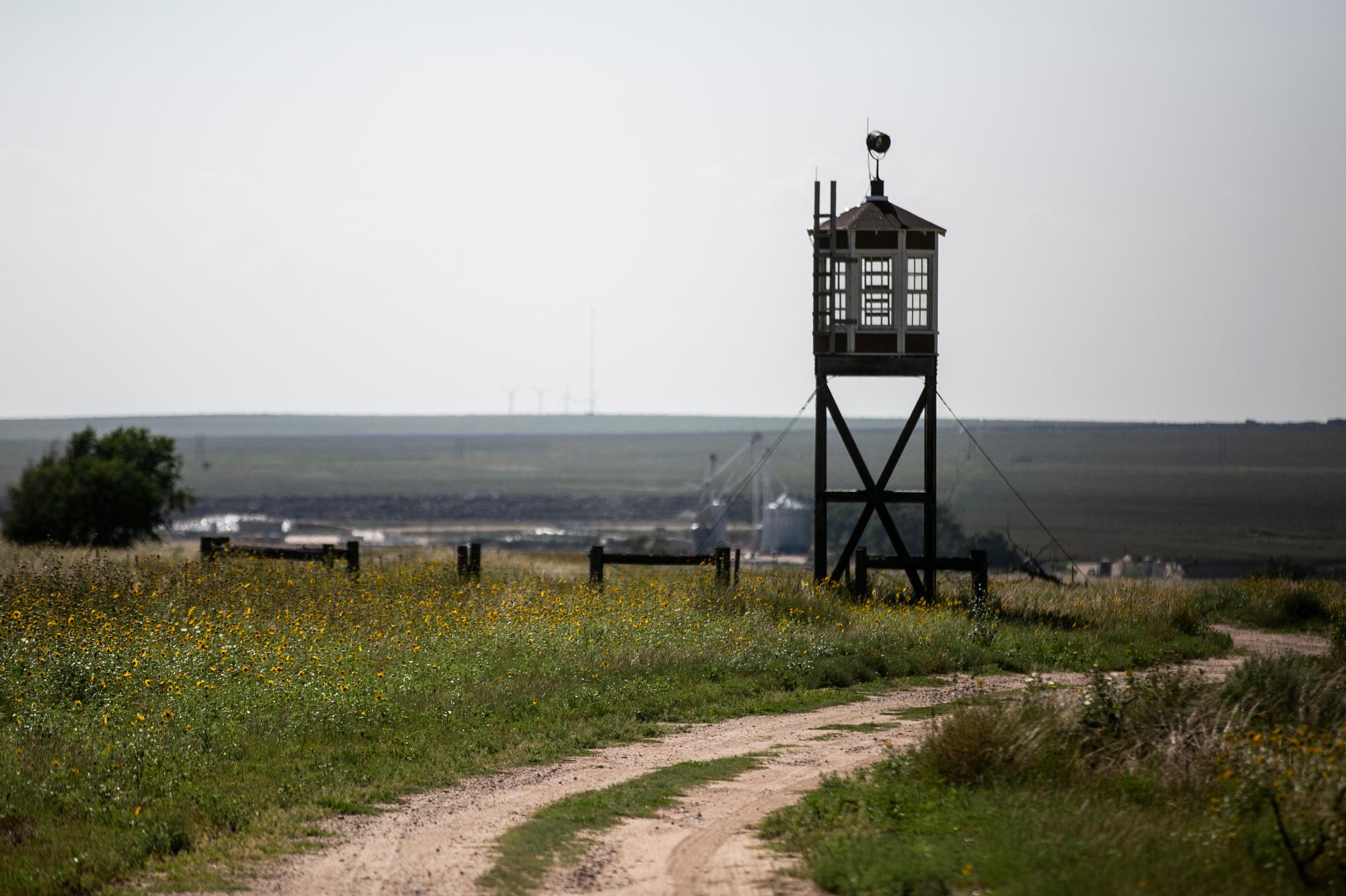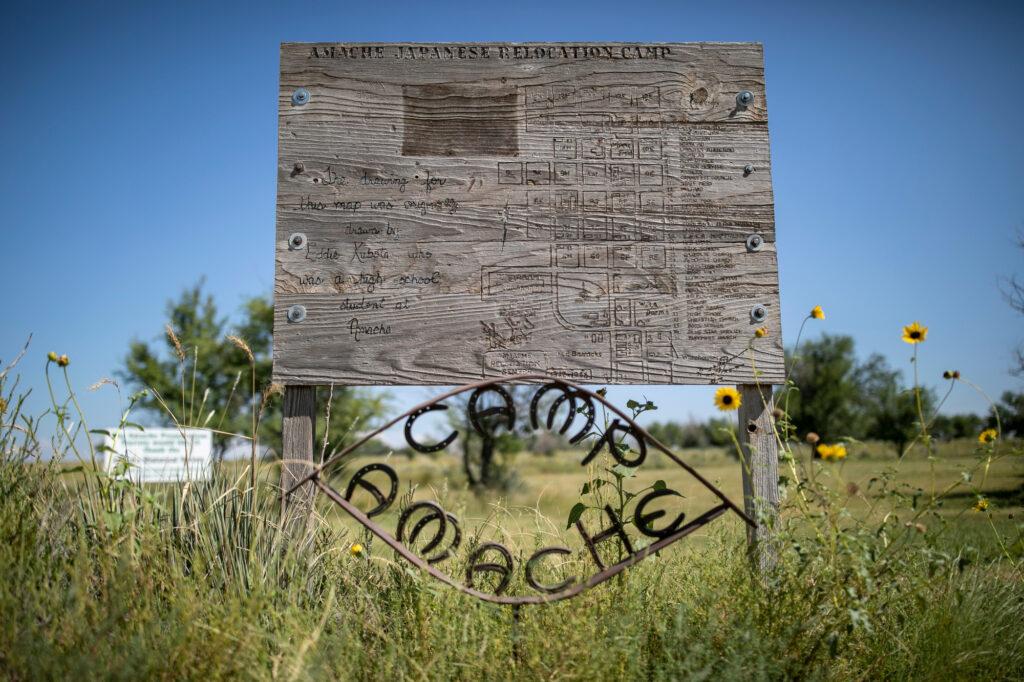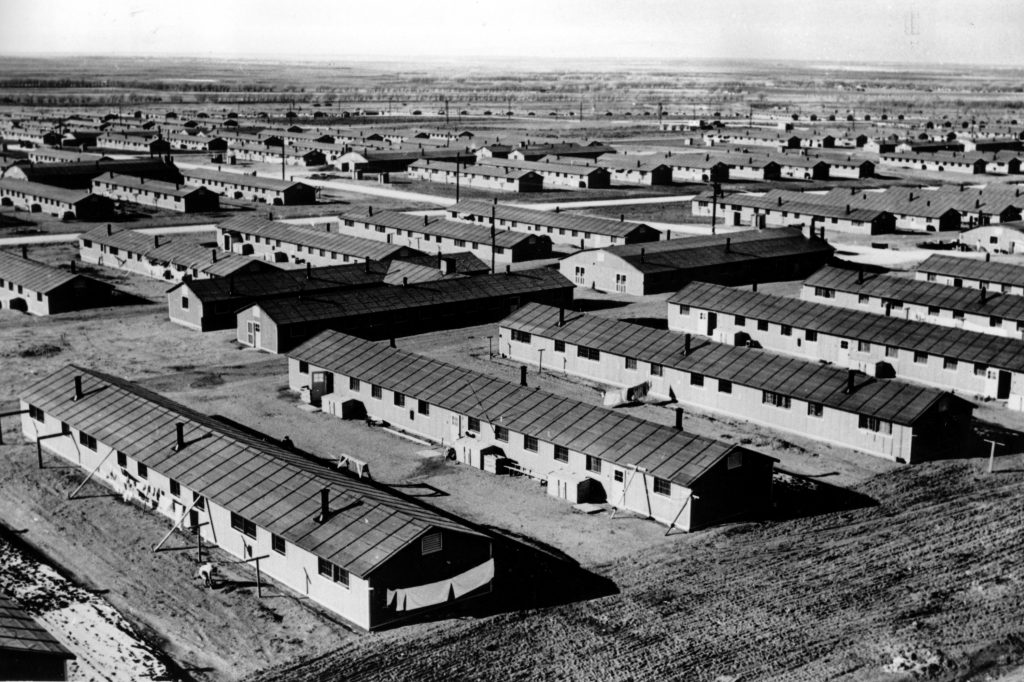
A small patch of grassland and crumbling buildings in eastern Colorado will be preserved to help future generations remember an ignoble moment in American history.
The Senate voted unanimously Monday night to pass the Amache National Historic Site Act, which is sponsored by both of Colorado’s Senators, as well as Reps. Ken Buck and Joe Neguse.
“I’m thrilled the Senate passed our bill to establish Amache as a part of the National Park System,” said Sen. Michael Bennet in a statement after the vote. “The incarceration of Japanese Americans during World War II at sites like Amache is a shameful part of our country’s history. Our bill will preserve Amache’s story to ensure future generations can learn from this dark chapter in our history.”

The bill will move ownership and management of the site, which is already public land and currently overseen by volunteers, under the umbrella of the National Park Service.
To get it through the senate, backers agreed to a last-minute amendment in order to address the concerns of Utah Senator Mike Lee, who held up its earlier passage.
Lee’s office said he was not opposed to adding Amache to the National Park System, but did not want the federal government to grow its total landholdings by even the smallest amount. He originally pushed to require NPS to give up the same amount of land — less than a square mile — in order to accept the Amache parcel.
Instead, after negotiations between Lee and Colorado Sen. Michael Bennet, the final version of the bill merely requires the NPS accept the land as a donation from the town of Granada.
Due to the amendment, the bill will have to return to the House for final approval. It originally passed that chamber 416-2.

The bill’s approval comes just in time for the 80th anniversary of Executive Order 9066, this Saturday, which led to the internment of more than a hundred thousand Japanese Americans from the West Coast in inland camps. In addition to enduring the dehumanizing trauma of internment, families were made destitute after having to sell their property and businesses rapidly and often at a tremendous loss. The economic harm for many lingered for multiple generations.
“I have waited many, many years to see the day where we can be certain that Amache, as a place of reflection, remembrance, honor, and healing, is protected for our current and future generations,” said Amache survivor and advocate, Bob Fuchigami, in a statement Monday. “My parents did not live to see this day. The time is not only right; it is long overdue.”
The Amache preservation bill has been a rare moment of accord across the Colorado congressional delegation, with all nine of the state’s members voting yes. In his final floor speech on the bill, Bennet noted that his cosponsor, Rep. Buck, was also Bennet’s opponent in the 2010 senate race.
“If Ken were here, he’d say there’s very little upon which we agree,” Bennet said, “but we definitely agree on this.”








